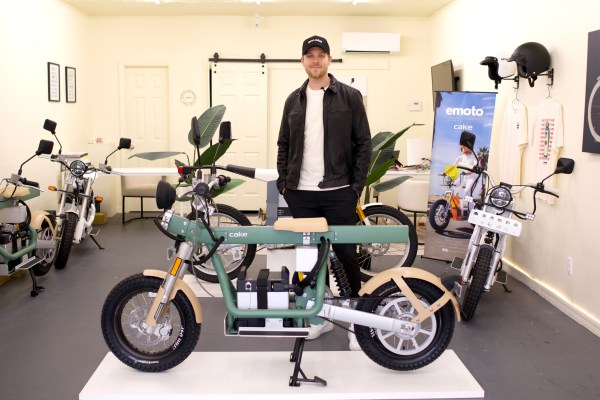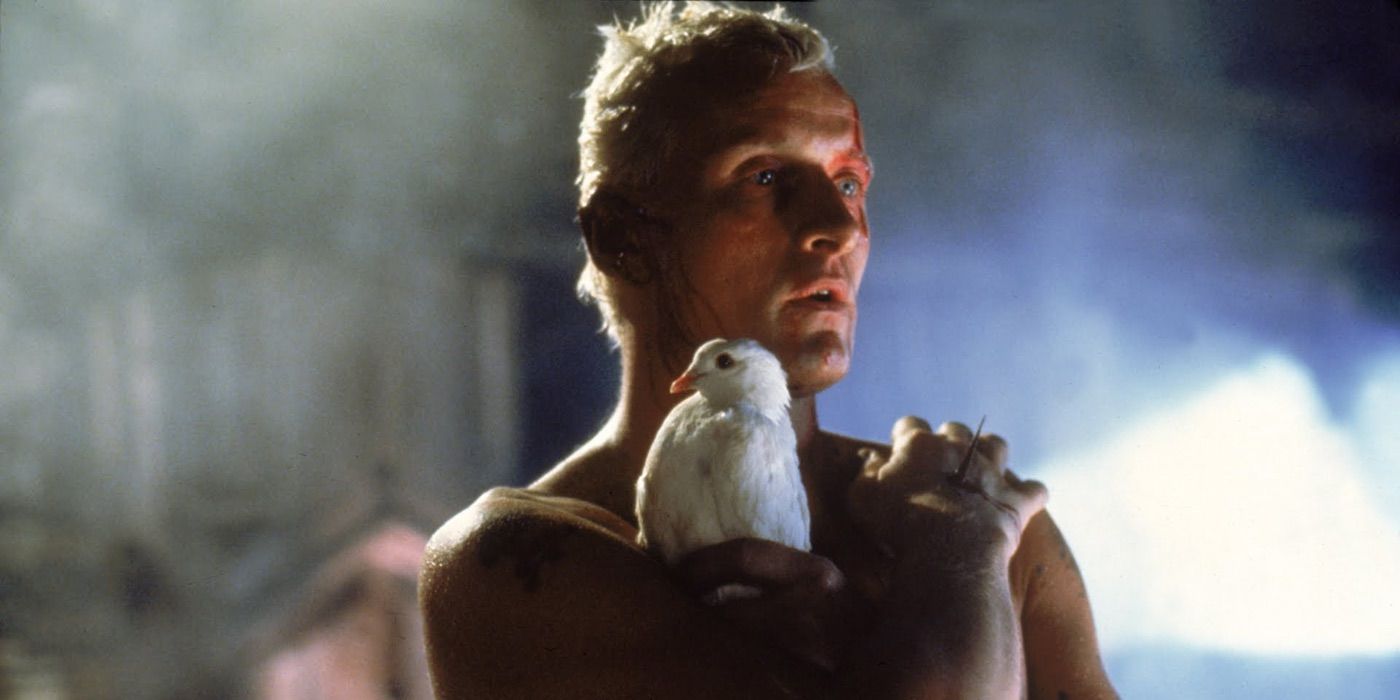
The future of bankrupt electric motorbike startup Cake is still uncertain, but the majority of its U.S. inventory is going to a guy in Florida.
Michael Joyce, who runs a retail shop in St. Petersburg called Emoto, tells TechCrunch that he bought all of the Cake Makka and Ösa motorbikes that had been shipped stateside as well as accessories and spare parts. Joyce says he didn’t buy any of the remaining Cake Kalk electric motorcycles, as those have been recalled for battery fire risk and steering column problems.
Joyce says he hopes to help keep the Swedish brand alive with the purchase. “The last thing that I want as a dealer is the consumer left alone and not having confidence in the brand,” he told TechCrunch in a recent interview. Joyce also isn’t exactly doing this alone. He’s working with a new Detroit-based startup called Bloom, which will warehouse all the inventory and help ship the motorbikes around the country — a sign of how this corner of the electric vehicle industry is adapting.
Cake filed for bankruptcy in early February after spending more than a year trying to raise a series C funding round. Founder and CEO Stefan Ytterborn told TechCrunch that the startup even tried courting the likes of Harley-Davidson and traditional automakers after venture capital options dried up, though to no avail.
Joyce says Cake’s bankruptcy came as a shock, and also presented a risk, since the brand is the only one he currently sells at Emoto. Buying the inventory gives him “six to 12” months of runway, which will give him time to finish negotiating with other companies to sell electric motorbikes.
Joyce is confident he can sell the Cake inventory after spending most of the last year honing in on a good sales and marketing strategy. He started as a straightforward dealer partner and says he had a “tough time” selling Cake’s pricey products in the early going last year. But Joyce says he eventually agreed to start taking the company’s products on consignment, which helped fill out the Emoto retail space and let potential customers interact more with Cake’s bikes, boosting monthly sales into the double-digits.
“Having the bikes fully assembled in front of them with accessories is a big difference,” he says. “Pointing at it and saying, ‘this can be yours,’ — it was something beneficial.”
His bigger immediate concern was what to do with all the inventory he bought. Joyce says he was touring warehouses in Florida over the last few weeks and trying to figure out how to fulfill orders for the motorbikes when he struck up a conversation with Bloom, a company launched last year by the founders of e-bike brands Propel and Vela that is based in the Detroit mobility innovation district known as Michigan Central .
Bloom’s goal is to basically take some of the hardest work off the hands of startups in the space, including offering contract manufacturing, delivery, service and other logistics. It’s an idea that co-founder Chris Nolte thinks will have even more resonance as companies like Cake, or VanMoof, continue to struggle to do it all themselves.
“With these brands, there was a big push to vertically integrate as some of the bigger automotive players have done,” Nolte said in an interview with TechCrunch last month. “But the reality is that nobody really has the appropriate scale on their own, and the market is too volatile to adequately do that.”
Joyce and Bloom aren’t immediately ready to handle new sales — the inventory is currently being trucked from Los Angeles to Bloom’s warehouse in Detroit. Once it all arrives, it will serve as one of the first tests of this new hybrid business model. Joyce hopes to find enough success to build Emoto into a brand that becomes a one-stop-showroom for electric motorbikes, similar to some of the country’s biggest powersports dealers.
In the short-term, if Cake is able to find a way to restructure and continue on, Joyce says he wants to continue being a partner to that new version of the company.

























































